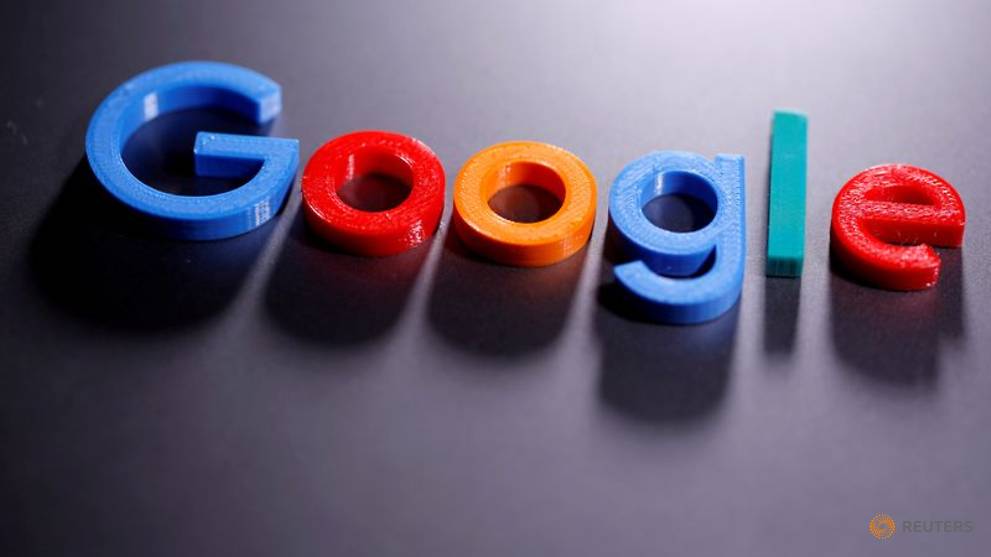
Google says use existing EU laws, not new ones to govern AI
Google has called on the European Union to use current EU laws to govern the use of artificial intelligence rather than draft new ones and cautioned against a one size fits all regulatory framework because of AI's diverse applications.
BRUSSELS: Google has called on the European Union to use current EU laws to govern the use of artificial intelligence rather than draft new ones and cautioned against a one size fits all regulatory framework because of AI's diverse applications.
The U.S. online search engine's comments on Thursday were in response to the European Commission's call for feedback on its proposals to address the challenges of AI before it decides on the next step.
The EU executive has suggested AI rules to cover so-called high risk sectors such as healthcare, energy, transport and parts of the public sector.
"There are already many regulations and legal codes that are technology neutral in nature, and thus broad enough to apply to AI, but it is worth evaluating if there are gaps in the context of specific concrete problems," Google said in a 45-page submission.
"Any gaps identified should be addressed via practical, principles-based rules which build on existing legislation, so as to avoid creating overly complex or conflicting legal obligations."
On the issue of the liability of AI applications, it urged the Commission to maintain the current framework and to be wary of expanding its scope, which would put a brake on innovation and hinder European small- and medium-sized businesses.
It said regulators should work closely with AI practitioners instead of coming up with mandatory requirements such as training data which clashes with privacy and copyright laws and hinders the quick and efficient use of the technology to respond to crises such as the current COVID-19 pandemic.
(Reporting by Foo Yun Chee; Editing by Kirsten Donovan)